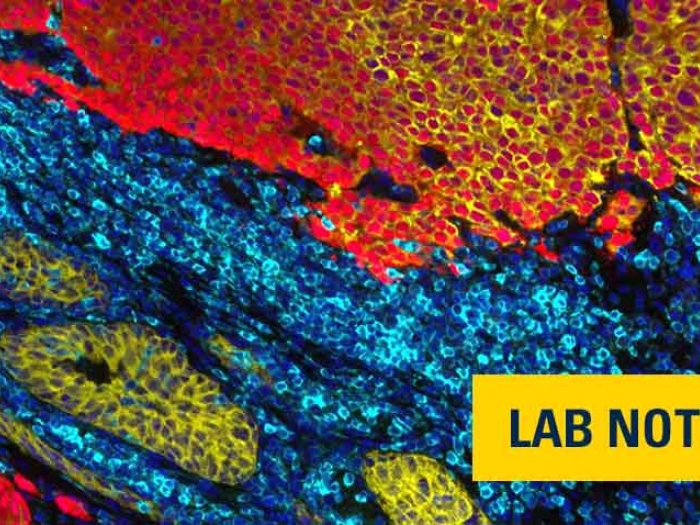Multi-institution analysis identifies a new chromosomal abnormality linked to enzalutamide resistance.
1:25 PM
Author |

Enzalutamide is one of the main treatments for patients with metastatic, castration-resistant prostate cancer — the lethal form of the disease. However, treatment options are limited for those who develop resistance to enzalutamide.
Now, a multi-institution team has uncovered new clues that may help overcome resistance in some patients, according to new findings published in Clinical Cancer Research, a journal of the American Association for Cancer Research.
By analyzing the genomes and transcriptomes of metastatic, castration-resistant prostate cancer patient tumors that had not been exposed to enzalutamide and tumors that had developed enzalutamide resistance, researchers determined that a genomic aberration — a focal deletion of chromosome 17q22 — was not present in any of the enzalutamide-naïve tumors but was present in 16% percent of the enzalutamide-resistant tumors and was associated with poor outcomes, says senior study author Joshi Alumkal, M.D., who leads the Prostate and Genitourinary Medical Oncology Section at the University of Michigan Rogel Cancer Center.
The analysis implicated Wnt pathway activation and identified several potential drug targets that may be activated in tumors with 17q22 loss, including the kinases: CDK1/2, Akt, and PLK1. The next step is to identify the key genes present at 17q22 that may confer enzalutamide resistance and to test inhibitors of these kinases.
Paper cited: "Copy Number Loss of 17q22 is Associated with Enzalutamide Resistance and Poor Prognosis in Metastatic Castration-Resistant Prostate Cancer," Clinical Cancer Research. DOI: 10.1158/1078-0432.CCR-19-2303

Explore a variety of health care news & stories by visiting the Health Lab home page for more articles.

Department of Communication at Michigan Medicine
Want top health & research news weekly? Sign up for Health Lab’s newsletters today!





